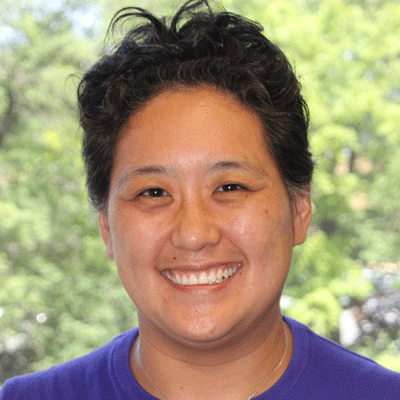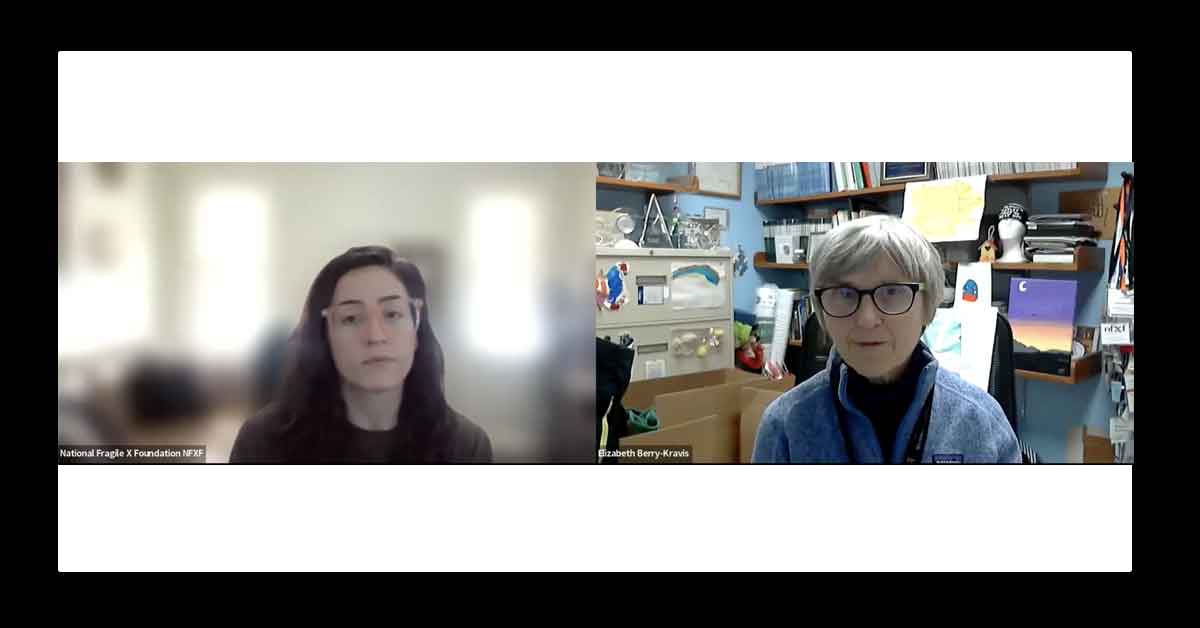About the Presenters

Tracy King
Tracy King, MD, MPH, earned a bachelor’s and a medical degree from Baylor College of Medicine. She completed her pediatric residency training at the Boston Medical Center and Boston Children’s Hospital. She also completed a research fellowship in general academic pediatrics at the Johns Hopkins School of Medicine while earning a master’s degree in public health from the Johns Hopkins Bloomberg School of Public Health.
As NICHD associate director for prevention, Dr. King oversees initiatives and programs related to the prevention of health problems among children and adolescents, pregnant, lactating, and postpartum women, and people with intellectual and physical disabilities.
As an NICHD CDBB medical officer, Dr. King manages the pediatric primary care research portfolio. She is a board-certified pediatrician with extensive research, clinical, and teaching experience. She also serves as NICHD’s liaison to the U.S. Preventive Services Task Force.

Emily Allen
Emily Allen, PhD, graduated from the University of Georgia with a bachelor’s degree in biology and Emory University with a PhD in genetics. She has worked on studies of Fragile X-associated disorders at Emory University with Dr. Stephanie Sherman since the early 2000s. Her primary research focus has been on disorders and characteristics associated with the Fragile X premutation, such as Fragile X-associated primary ovarian insufficiency (FXPOI) and Fragile X-associated tremor/ataxia syndrome (FXTAS).

David Nelson
David Nelson, PhD, is a professor of molecular and human genetics and the director of both the graduate program in cancer & cell biology and integrative molecular and biomedical sciences at Baylor College of Medicine. He is also a director of Baylor’s Michigan Emory Fragile X Research Center, an NIH-funded center aimed at understanding mechanisms whereby premutation-length CGG repeats cause neurodegenerative and ovarian disorders. The Nelson lab has been involved in research into the causes of and therapies for Fragile X syndrome since the late 1980s, contributing to the discovery of the repeat expansion mutation that results in the disorder and the gene that is affected. For over 30 years, the Nelson lab has worked to define both the characteristics of the unusual repeat expansion in the disease and the functions of FMR1, the gene that is downregulated in the disease.

Craig A. Erickson
Craig A. Erickson, MD, is a professor of Psychiatry at Cincinnati Children’s Hospital Medical Center and the University of Cincinnati College of Medicine-Affiliated. Dr. Erickson leads a neurodevelopmental clinical and research group focused on improving clinical care through research discovery. He is the director of the Cincinnati Fragile X Research and Treatment Center, one of the largest such programs in the world. He serves as the chair of the Clinical Trials Committee organized by the National Fragile X Foundation and is a leader in translational medicine efforts in Fragile X syndrome, autism, and related disorders. Additionally, he is the director of research in the Division of Psychiatry at Cincinnati Children’s Hospital.




